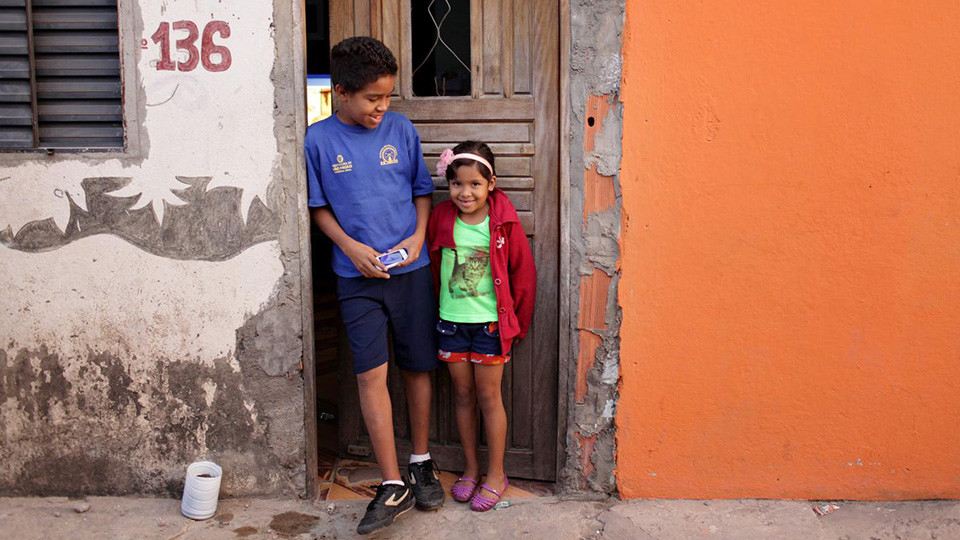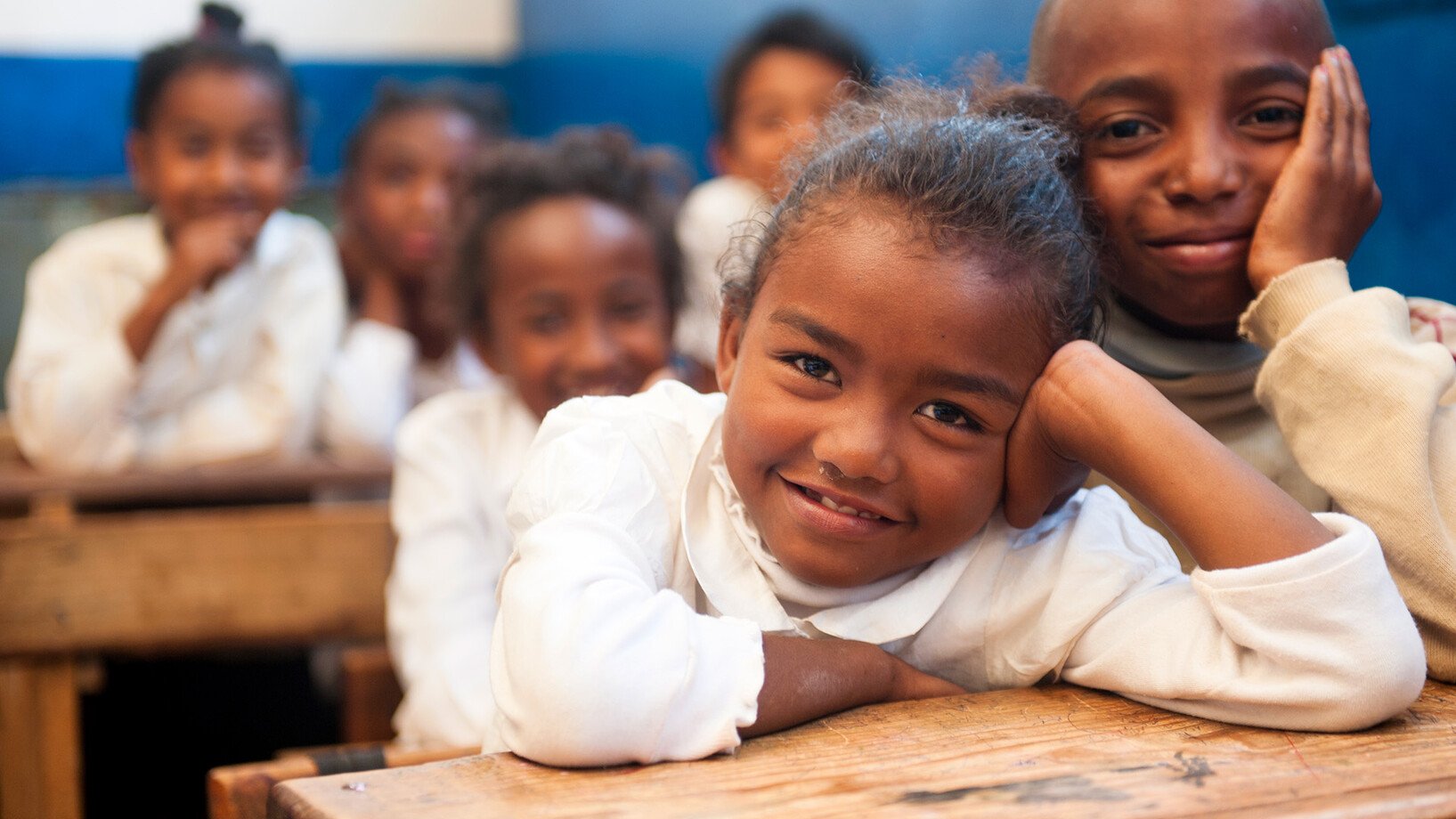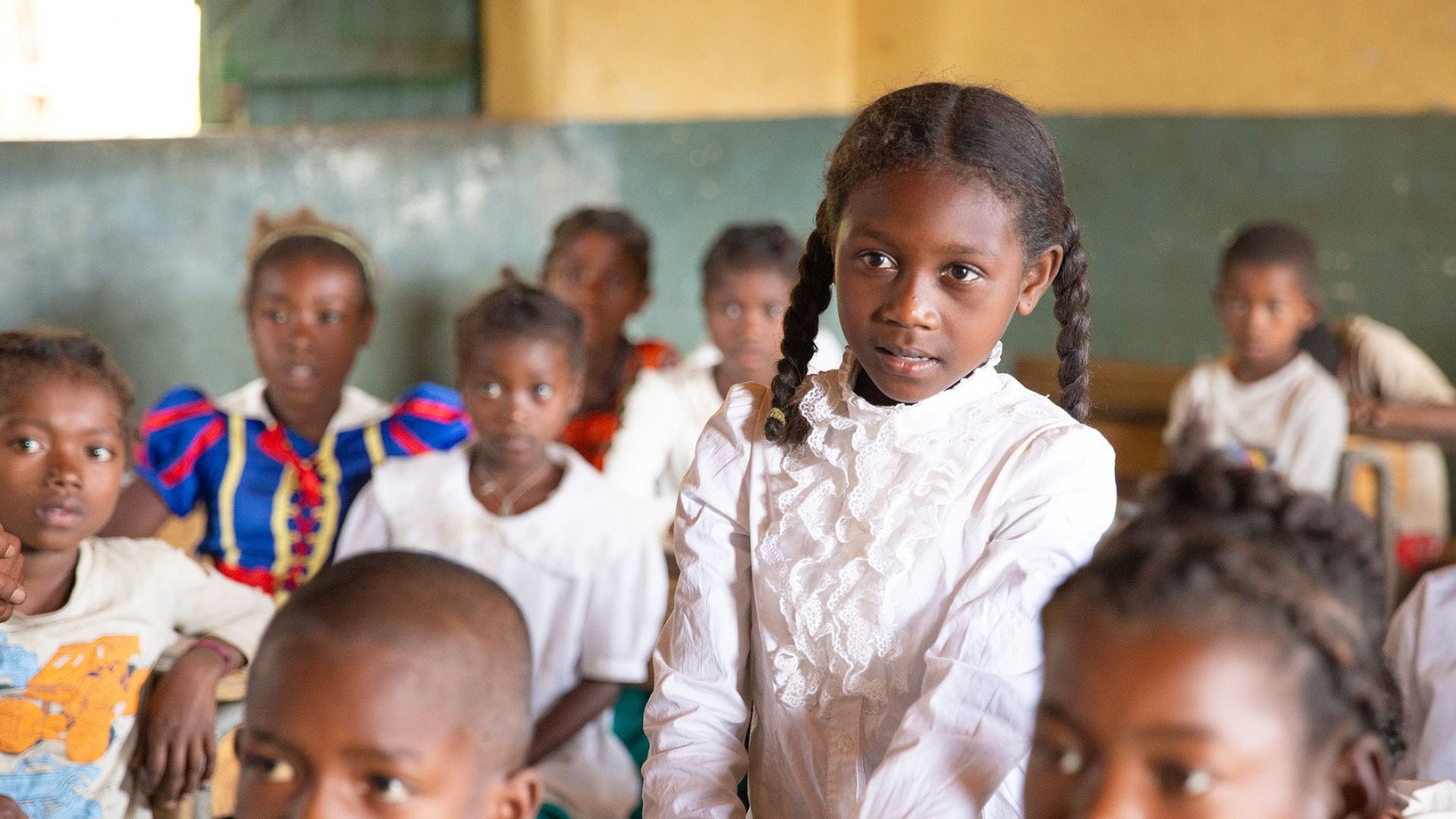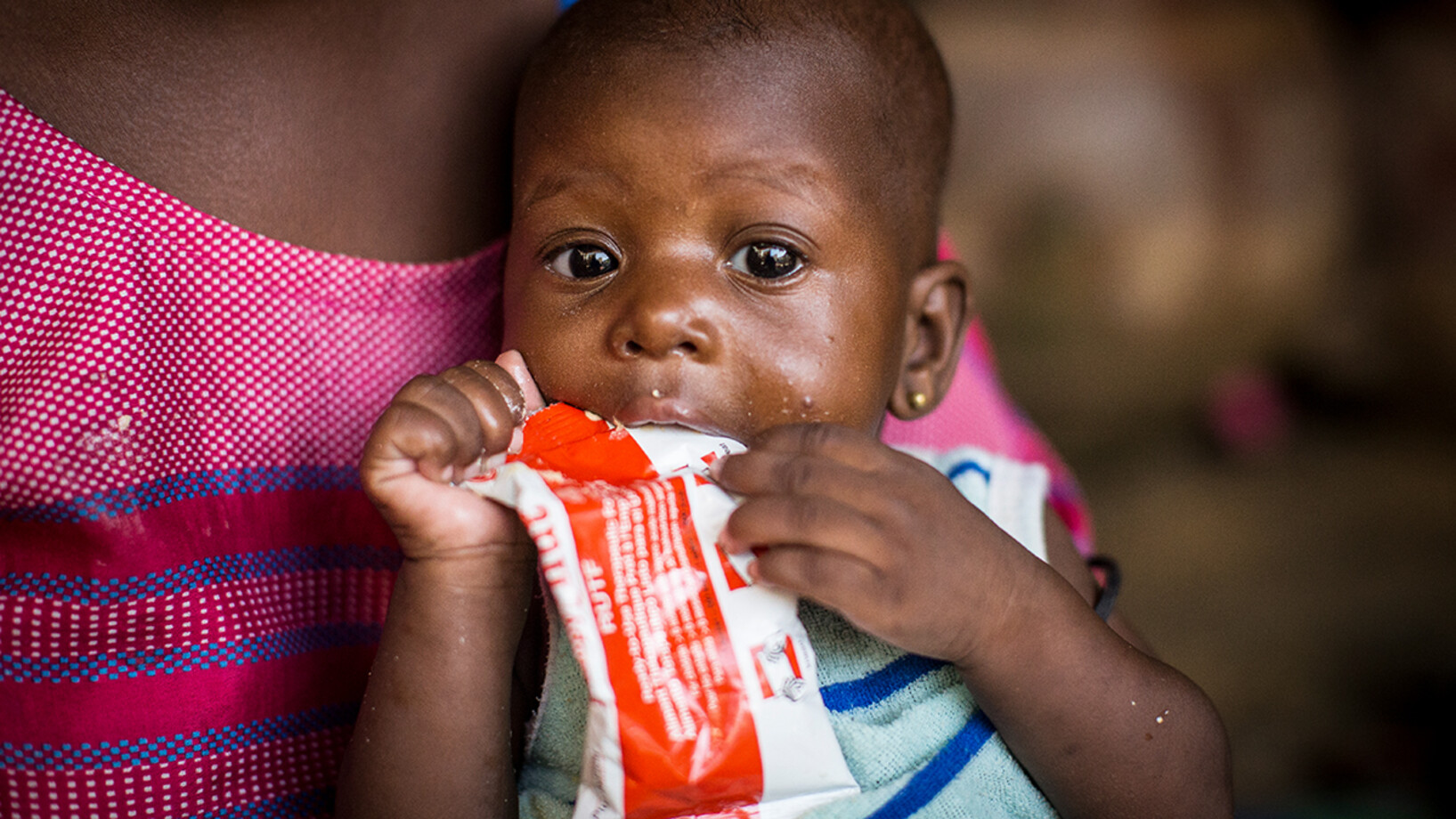Many children in Brazil continue to be denied access to their right to education. Even before the COVID-19 pandemic, 2.8 million children between the ages of 4 and 17 in Latin America’s largest country did not attend school. UNICEF is helping to locate these children and develop appropriate support measures to get them enrolled in school.
The situation
In Brazil, 2.8 million children and young people between the ages of 4 and 17 do not attend school. They often grow up in very deprived families. They do not have a safe home environment, are not adequately cared for, and have parents for whom schooling is not a top priority. The coronavirus pandemic has made the plight of these children even worse.
Instead of learning to read, write and do math, they are often forced to work. 7 percent of Brazil’s children are affected, despite laws that clearly prohibit child labor. The latest national household survey published in 2016 shows that 412,000 children between the ages of 5 and 13 work, 56 percent of them in agriculture.
How UNICEF helps
Working with the Ministry of Education and tech-savvy partners, UNICEF developed the School Active Search project nearly 10 years ago. The strategy has since become an important pillar with a huge impact on the protection and education of Brazil’s children. School Active Search helps communities to identify children who are not in school, contacting them, enrolling them and continuing to monitor them to ensure they do not drop out of school early.
A new school attendance tracking module introduced on the digital platform will be further optimized and expanded by 2023. This will allow each child registered on the platform to receive individual support with their educational development. The School Active Search system will also be automated on an ongoing basis to achieve greater nationwide coverage for the platform. Further measures include creating digital guides and manuals, holding annual seminars on school exclusion, and promoting dialog with strategically important decision-makers.
The Busco Activa Scholar digital platform
As of December 2020, 3,214 municipalities had signed up to the strategy, and 79,595 girls and boys had been located and (re)integrated into the school system through SAS.
You can help too.
By becoming a project sponsor, you can help to give children and young people in Brazil a future. We thank you from the bottom of our hearts.



